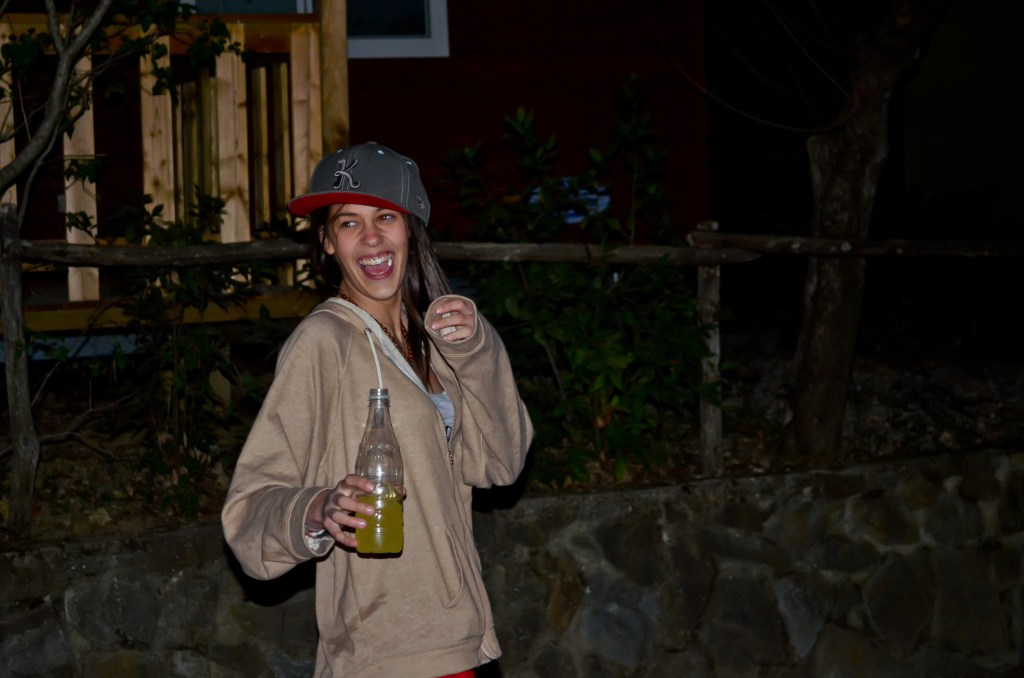Photo courtesy of Staatsbosbeheer
With its liberal stance on the best type of drugs, the Netherlands has been one of the top producers of ecstasy for the past decade. What isn’t going to make you want someone to touch your genitals is that, like all manufacturing industries, the by-products of illicit narcotics have to be disposed of somehow. The Dutch prefer to pour all of their E afterbirth deep in the woods, as Staatsbosbeheer, the national forestry department, has been discovering. In 2011, Dutch rangers found around 60 dumping sites in the nearly 1,000 square miles of land they oversee. These sites usually consist of a dozen or so five-gallon buckets or gasoline containers haphazardly buried or abandoned in a clearing. But their contents, which can include formic acid, sulfuric acid, and sodium hydroxide, are toxic and potentially explosive. They’ve found over 60 of these sites already in 2013, bringing the total to nearly 180. The average cost of cleaning up each poisonous mess ranges from $8,000 to $10,000, money that would otherwise go toward park maintenance and the construction of new hiking trails. A lot of this business is going on in the south of the country, so I called Jeroen Buunen, a 24-year-old park ranger from the southern city of Breda, to ask how one raver’s joy is another ranger’s folly.
Videos by VICE
VICE: Have you seen these ecstasy-by-product dump sites with your own eyes?
Jeroen Buunen: Yeah, I discovered five ecstasy waste dumps last year. They varied from a few to over 100 cans at a time.
What happens when someone reports an illegal dump to your department?
I usually drive by the spot and close off the area to the public. Because I never know in advance what’s inside a container, I try not to get too close. Some chemicals are odorless but cause a lot of harm to your respiratory system. I usually wait for the cleanup crew. They wear better protective suits than I do.
How do they remove the chemicals from the ground?
They dig away the polluted area and take toxin samples. Sometimes they replace two truckloads of contaminated soil with fresh soil. They keep digging until the soil is free from dangerous chemicals. A lot of our drinking water comes from the south of the Netherlands. So we have to be thorough. I can’t imagine what would happen if those chemicals would actually reach our drinking water.
Have you ever personally apprehended a dumper?
Unfortunately not. The dumpers usually operate at night, plus I can’t be everywhere at once. And even if I did catch these guys, like some of my colleagues have, they’re not the ones who matter. The guys who dump the waste are the lowest in the criminal chain.
Read more from our Grievous Sins issue:




